Introduction to titanium
What is titanium and its development history were introduced in the previous article. And in 1948 the American company DuPont produced titanium sponges by the magnesium method ton - this marked the beginning of industrial production of titanium sponges. And titanium alloys are widely applied in various fields because of their high strength, good corrosion resistance and high heat resistance.
Titanium is abundant in the earth's crust, ranking ninth, much higher than common metals such as copper, zinc and tin. Titanium is widely found in many rocks, particularly in sand and clay.
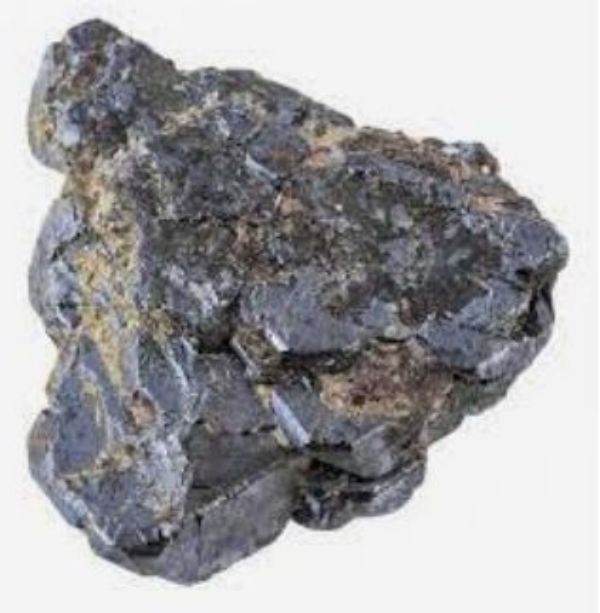
Properties of titanium
● Low density. Titanium metal has a density of 4.51 g/cm³.
● High strength. 1.3 times stronger than aluminium alloys, 1.6 times stronger than magnesium alloys and 3.5 times stronger than stainless steel, making it the champion metal material.
● High thermal strength. The use temperature is several hundred degrees higher than that of aluminium alloy, and it can work for a long time at 450-500°C.
● Good corrosion resistance.Resistant to acid, alkali and atmospheric corrosion, with particularly strong resistance to pitting and stress corrosion.
● Good low-temperature performance. Titanium alloy TA7 has very few interstitial elements and retains a certain degree of plasticity at -253°C.
● Chemically active. Chemically active at high temperatures, it reacts easily with hydrogen, oxygen and other gaseous impurities in the air to produce a hardened layer.
● Non-magnetic and non-toxic. Titanium is a non-magnetic metal that is not magnetised in very large magnetic fields, is non-toxic and has good compatibility with human tissue and blood, hence its use by the medical profession.
● The thermal conductivity is small and the modulus of elasticity is small. The thermal conductivity is about 1/4 that of nickel, 1/5 that of iron and 1/14 that of aluminium, and the thermal conductivity of various titanium alloys is about 50% lower than that of titanium. The modulus of elasticity of titanium alloys is about 1/2 that of steel.
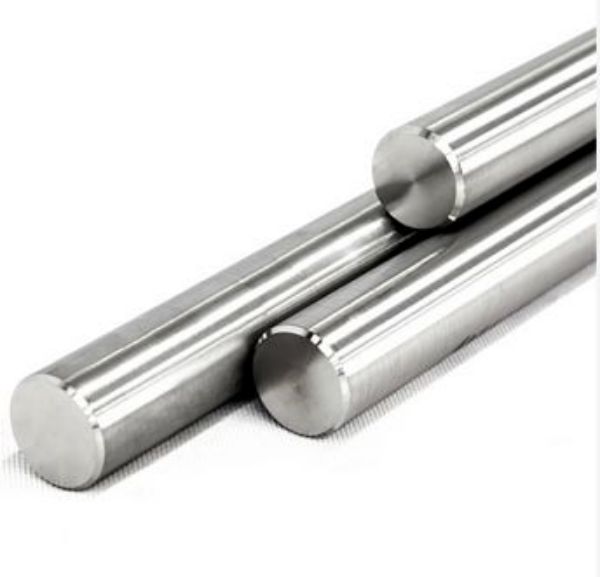
Industrial applications of titanium and titanium alloys
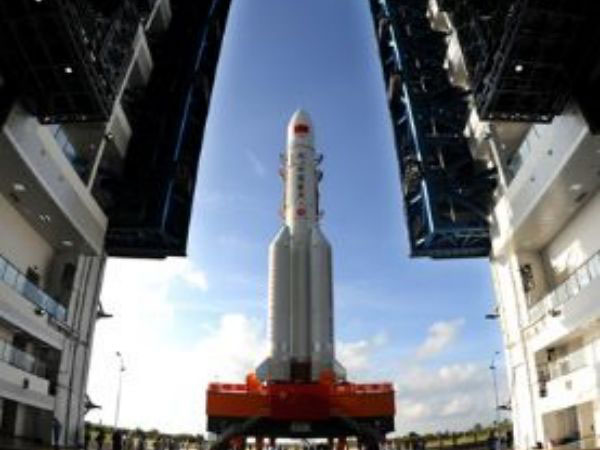
1. Titanium materials applied in aerospace
Titanium alloys have excellent properties such as low density and high specific strength, making them an ideal material for aerospace structures. In the aerospace field, titanium alloys can be used to manufacture fuselage insulation panels, air ducts, tail fins, pressure vessels, fuel tanks, fasteners, rocket shells, etc.
2. Applications in the marine sector.
Titanium is a chemically active element with a strong affinity for oxygen. When placed in the air, it reacts with oxygen to form a dense protective film of TiO2 on the surface, protecting the titanium alloy from external media. Titanium alloys have good corrosion resistance and are chemically stable in acids, alkalis and oxidising media. The corrosion resistance is better than that of existing stainless steels and most non-ferrous metals and is even comparable to platinum. Widely used in ships, especially in the USA and Russia, research into titanium alloys is clearly ahead of the world.

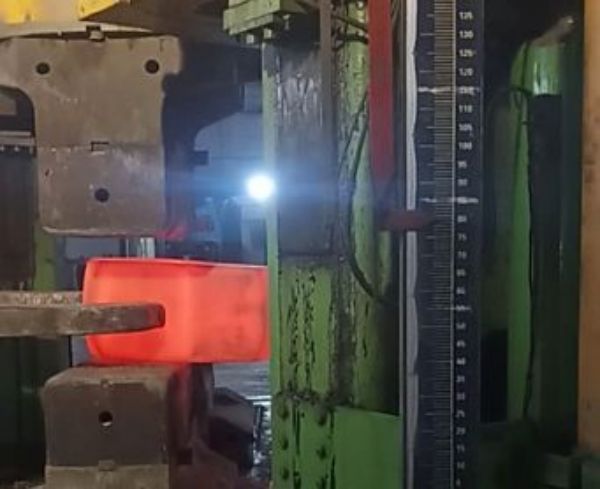
3. Applications in the chemical industry
TITANIUM APPPLIED IN INDUSTRY
Titanium has good corrosion resistance and is one of the most important structural materials used in corrosive media such as chemicals. The use of titanium alloys instead of stainless steel, nickel-based alloys and other rare metals can effectively reduce operating costs, extend the life of equipment, improve product quality and save energy. Titanium alloy materials in the chemical industry in China are mainly used in distillation towers, reactors, pressure vessels, heat exchangers, filters, measuring instruments, turbine blades, pumps, valves, pipelines, electrodes for Chlor-alkali production, etc.
Applications of titanium and titanium alloys in life
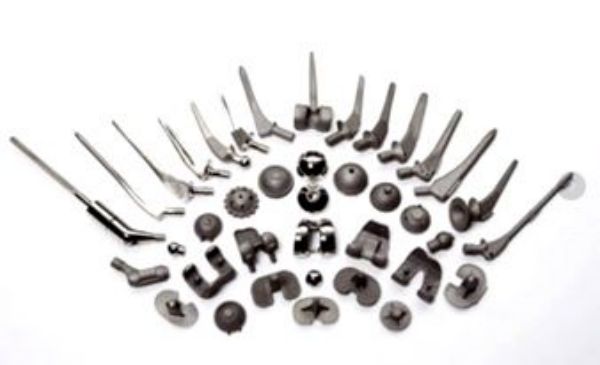
1.Applications in the medical marketing
Titanium materials applied in Medical market
Titanium is an ideal metal material for medical applications and has good biocompatibility. It is widely used in medical orthopaedic implants, medical devices, prostheses or artificial organs, etc. In daily life, such as titanium pots, pans, cutlery and thermos, are gaining popularity.
3. Applications in the jewellery industry
Titanium applied in Jewllery
Compared to precious metals such as gold and platinum, titanium, as new jewellery material, not only has an absolute price advantage but also has other advantages.
①Light weight, the density of titanium alloy is 27% of gold.
②Titanium has good corrosion resistance.
③Good biocompatibility.
④Titanium can be coloured.
⑤ Titanium has high hardness and is not easily deformed.
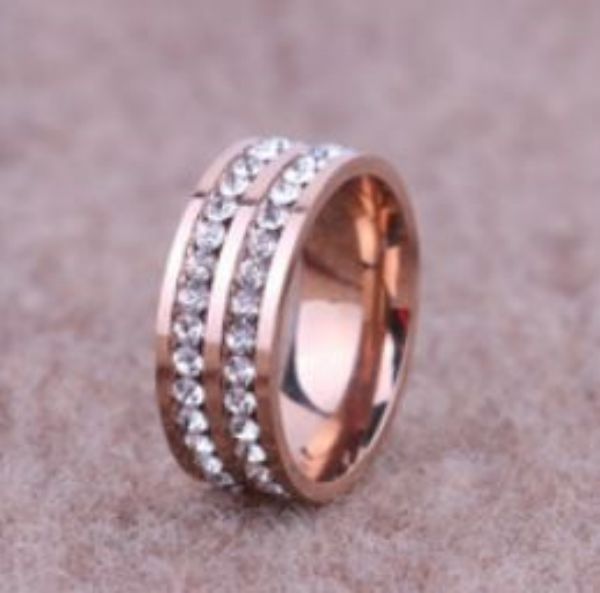
At XINNUO Titanium, we focus on providing titanium materials for medical and military applications to meet any of your project needs with ISO 13485&9001 certificated. Our professional staff will provide you with more information about this amazing metal and how it can enhance your project. Contact us today or give us a call at 0086-029-6758792.
Post time: Jul-18-2022

